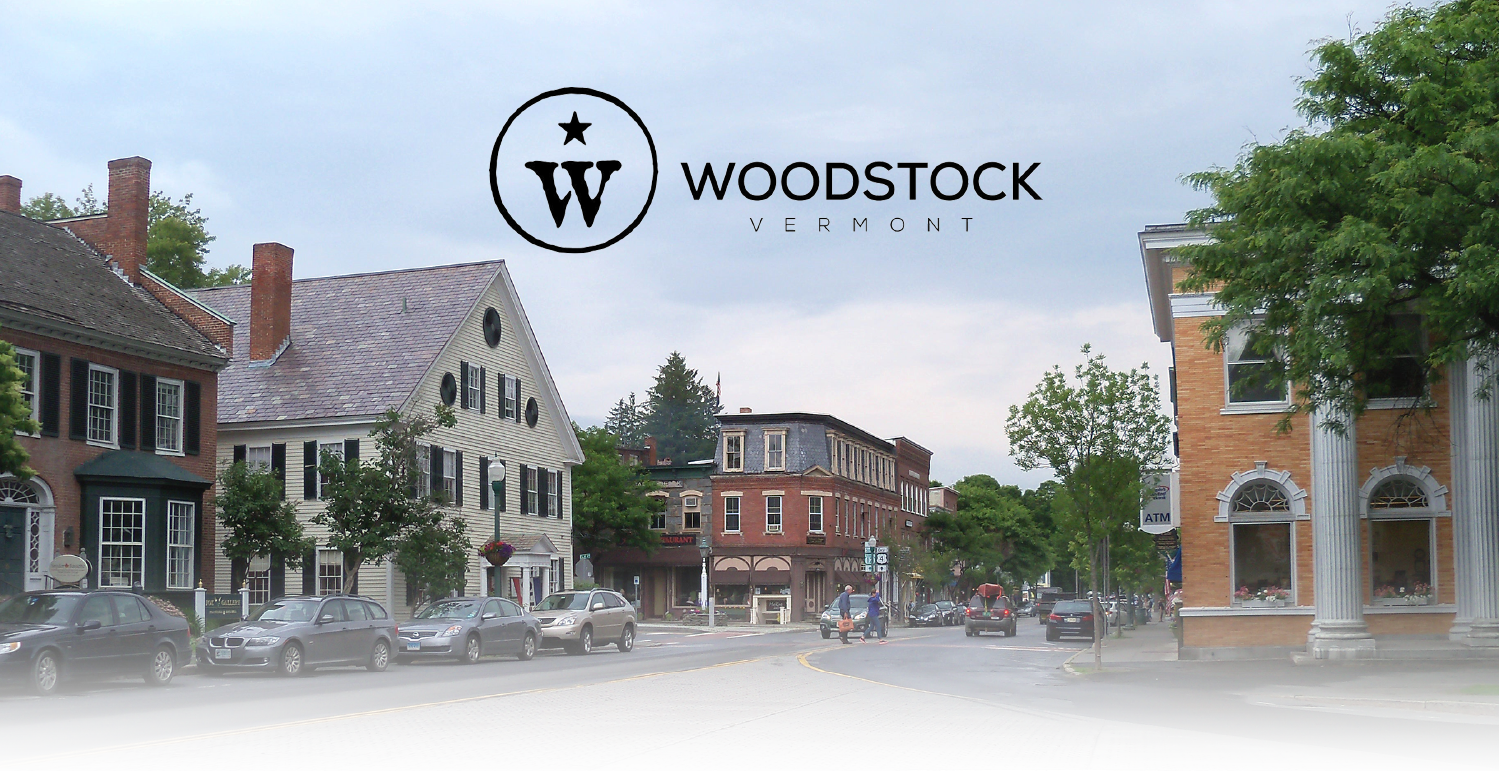Understanding How Our Boards Work
Polices for the Boards and Commissions
VILLAGE DESIGN ADVISORY COMMITTEE (VDAC):
The Village Design Review Board is a recommendation only board responsible for reviewing all design review proposals for the Village of Woodstock Design Review District. The Village Design Advisory Committee is a recommendation board that assists the Village Development Review Board. The Village Design Advisory Committee meets at 4:00 P.M. in the conference room at Town Hall on the first and third Wednesday of the month. The Village Design Review Board consists of five volunteers that have knowledge and interest in design, architecture, landscape architecture, graphic design, historic preservation or historic development of the community. Appointments are made by the Village Board of Trustees for three year terms.
VILLAGE DEVELOPMENT REVIEW BOARD:
The Village Development Review Board (VDRB) is a quasi-judicial board responsible for reviewing development proposals in the Village of Woodstock. The Village Development Review Board’s authority and duties are laid out in both the Vermont State Statutes. As of March, 2004, the board combined the development review functions of the former Village Zoning Board of Adjustment and the Planning Commission into a single body that must evaluate and decide upon the appropriateness of proposed development measured against the standards and procedures defined in the Village of Woodstock Zoning Regulations. It is an important and difficult job carried out by volunteers appointed by the Village Board of Trustees with staff support from the Planning & Zoning Department.
The VDRB reviews complete applications for proposed projects at public hearings. Such reviews may be for design review plans, conditional uses, variance requests and/or subdivisions. All public hearings must obey the open meeting law. This law does, however, allow quasijudicial boards, such as the VDRB, to deliberate in a closed session. The VDRB may reach a decision in closed session provided the decision reached is put in writing and made public. All written Notice of Decisions are mailed to the applicant, filed in the Planning & Zoning Office and the Town Clerk’s office as well as posted on the bulletin board at the entrance of Town Hall.
The VDRB is also the board that is authorized to hear appeals from decisions of the Woodstock Zoning Officer. All decisions of the VDRB may be appealed by the applicant or an interested party who participated at the public hearing for the application. Such an appeal must be made within 30 days of the decisions and all appeals are heard by the Vermont Environmental Court. The Planning & Zoning Office has paperwork for this appeal process that must be filed with the State.
The Village Development Review Board meets at 5:30 P.M. on the second and fourth Wednesday of the month in the conference room on second floor at Town Hall. The conference room is accessible to persons with disabilities. The entrance to the elevator is on the side of the Town Hall.
TOWN DEVELOPMENT REVIEW BOARD:
As the name suggests, the Town Development Review Board (TDRB) is a quasi-judicial board responsible for reviewing conditional uses and variance applications in the Town of Woodstock. The Town Development Review Board’s authority and duties are laid out in the Vermont State Statutes online. As of March, 2004, the board combined the development review functions of the former Town Zoning Board of Adjustment and the Planning Commission into a single body that must evaluate and decide upon the appropriateness of proposed applications measured against the standards and procedures defined in the Town of Woodstock Zoning Regulations. It is an important and difficult job carried out by volunteers with staff support from the Planning & Zoning Department. The TDRB has five board members who serve three-year terms and are appointed by the Select Board at the annual organizational meeting that follows Town Meeting in March.
The TDRB reviews complete applications for proposed projects at public hearings. Such reviews may be for site plans, conditional uses, variance requests, subdivisions and/or variances. All public hearings must obey the open meeting law. This law does, however, allow quasi-judicial boards, such as the TDRB, to deliberate in a closed session. The TDRB may also reach a decision in closed session provided the decision reached is put in writing and made public. All written Notice of Decisions are mailed to the applicant, filed in the Planning & Zoning Office and the Town Clerk’s office as well as posted on the bulletin board at the entrance of Town Hall.
It is also the board that is authorized to hear appeals from decisions of the Woodstock Zoning Officer. All decisions of the TDRB may be appealed by the applicant or an interested party who participated at the public hearing for the application. Such an appeal must be made within 30 days of the decisions and all appeals are heard by the Vermont Environmental Court. The Planning & Zoning Office has paperwork for this appeal process that must be filed with the state.
The Town Development Review Board meets at 6:30 P.M. on the fourth Tuesday of the month in the conference room on second floor at Town Hall. The conference room is accessible to persons with disabilities. The entrance to the elevator is on the side of the Town Hall.
SOUTH WOODSTOCK DESIGN ADVISORY COMMITTEE:
The South Woodstock Design Review Board (SWDR) is a recommendation board responsible for reviewing all design review proposals for the South Woodstock hamlet design review district.
The SWDR is a recommendation board only that assists the Town Development Review Board. The SWDR meets at 7:30 P.M. at the South Woodstock Fire Department on the third Tuesday of the month when there are new applications to be reviewed. The SWDR does not meet every week.
The SWDR consists of three volunteers that have knowledge and interest in design, architecture, landscape architecture, graphic design, historic preservation or historic development of the community. Appointments are made by the Town Select Board for three year terms.
